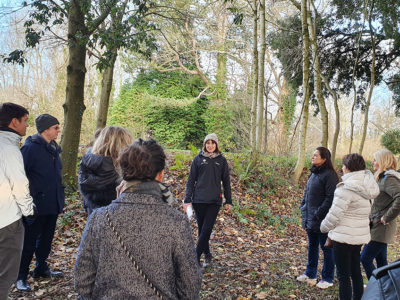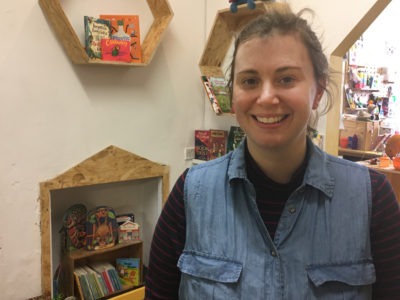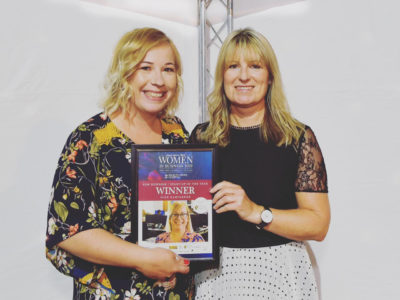The statistics
The Welsh government released a statistical bulletin regarding youth unemployment in August of this year. Although the number of young people who are NEET has been gradually decreasing, 2018 and the first quarter of 2019 saw a small increase.
Although statistically less robust than the Statistical First Release (SFR), the Annual Population Survey (APS) indicates that last year saw an increase of 0.9% for 16 to 18-year-olds who are NEET. Updated this month, the last quarter of 2019 shows that 8.4% of 16 to 18-year-old were NEET, compared to 7.9% the last year.
The statistics show that there is disparity between genders. Concerning 19 to 24-year-olds, more males are NEET than females (16.5% compared to 15.7%). The proportion of young disabled people who are NEET is considerably higher than those able-bodied for both age groups.
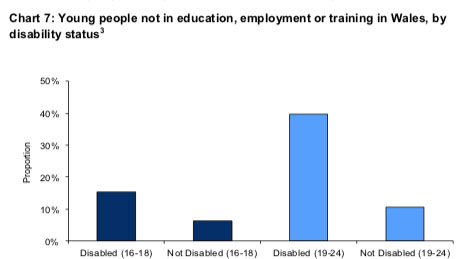
miFuture
“Created for Generation Z by Generation Z.”
Once users have created a profile, the app matches your passions and interests, experience and skills, and qualifications to real-time opportunities, whether this be jobs, apprenticeships or courses.
These opportunities show up Tinder-style, where app users can swipe right to accept offers and vice versa. That organisation then has access to your profile and can offer you an interview or likewise.
The app also automatically creates a CV from your profile information.
Gemma has set up partner portals across Wales and has even had conversations with investors in Sydney. 800 applications have been made so far.
Pontypridd-based miFuture wants to mobilise 100,000 young Welsh people towards employability and prosperity
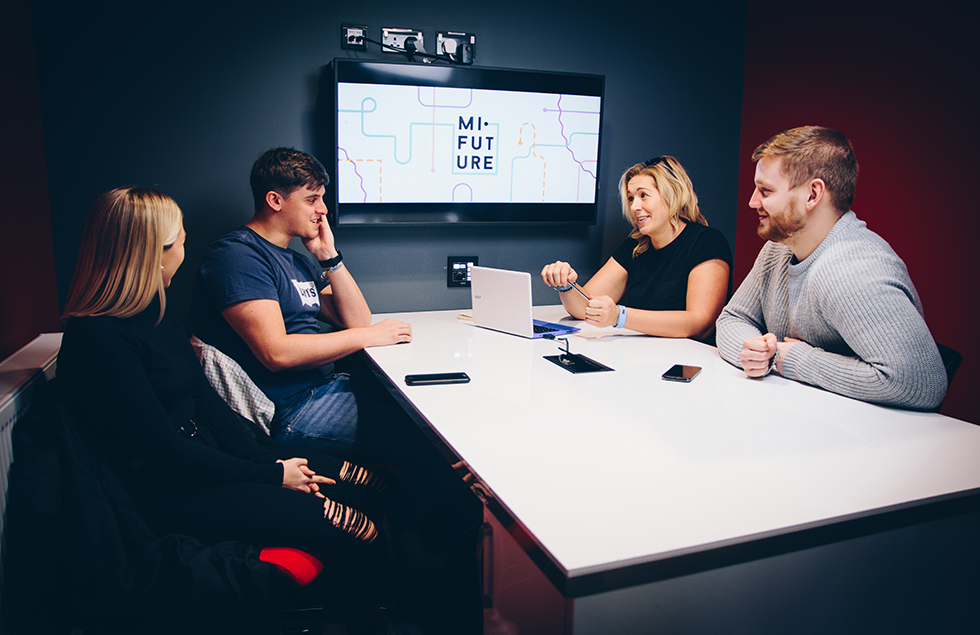
“Think of it as the Tinder for careers,” says the founder of miFuture Gemma Hallett, 38, a former rugby player and PE teacher. miFuture is an app geared towards those school leavers who do not want to go down the university path, instead wanting to find jobs and apprenticeships.
During her pastoral role at Coleg y Cymoedd in Ystrad Mynach, Gemma realised that the alternative to UCAS was not good enough, meaning that those who didn’t want to go into university were left in limbo. She says the process hasn’t moved on since she was in school herself.
Working closely with 2,500 school leavers over a four-year period, the response was clear – “Can’t we just do this on our phones?”.
miFuture hopes to stand out amongst the current processes in schools and colleges, by letting young people access opportunities in a familiar way, swiping left and right on a mobile app.
The idea came from the students themselves, says Gemma. “Why does it need to be harder than that?”, she added.
Statistics show that the proportion of 16 to 18-year-olds who are not in education, employment, or training (NEET) slightly increased in the most recent year. Concerning 19 to 24-year-olds, Wales consistently ranks highest amongst UK nations for those who are NEET.
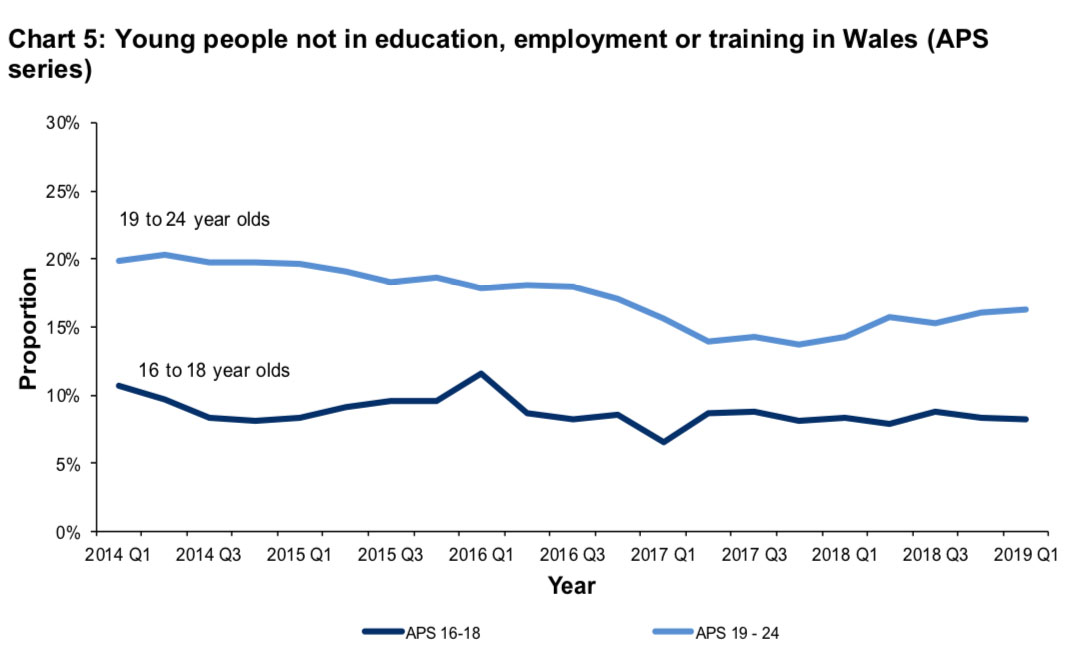
Gemma says that the current government approach to tackle youth unemployment isn’t providing what Generation Z want. “Everything has to be mobile driven”, she added.
Gemma also stated that she absolutely wants to work with partners and organisations to help disabled young people in their future careers.
Only a team of three, miFuture’s focus remains Welsh but hopes to develop nationally, even globally, whether this be organically or through investment. After winning a Wales Start Up award last month, Gemma said “people have congratulated me – it really validates what you are doing.”
miFuture is available to download for free on the App Store and Google Play.
The statistics
The Welsh government released a statistical bulletin regarding youth unemployment in August of this year. Although the number of young people who are NEET has been gradually decreasing, 2018 and the first quarter of 2019 saw a small increase.
Although statistically less robust than the Statistical First Release (SFR), the Annual Population Survey (APS) indicates that last year saw an increase of 0.9% for 16 to 18-year-olds who are NEET. Updated this month, the last quarter of 2019 shows that 8.4% of 16 to 18-year-old were NEET, compared to 7.9% the last year.
The statistics show that there is disparity between genders. Concerning 19 to 24-year-olds, more males are NEET than females (16.5% compared to 15.7%). The proportion of young disabled people who are NEET is considerably higher than those able-bodied for both age groups.

miFuture
“Created for Generation Z by Generation Z.”
Once users have created a profile, the app matches your passions and interests, experience and skills, and qualifications to real-time opportunities, whether this be jobs, apprenticeships or courses.
These opportunities show up Tinder-style, where app users can swipe right to accept offers and vice versa. That organisation then has access to your profile and can offer you an interview or likewise.
The app also automatically creates a CV from your profile information.
Gemma has set up partner portals across Wales and has even had conversations with investors in Sydney. 800 applications have been made so far.


